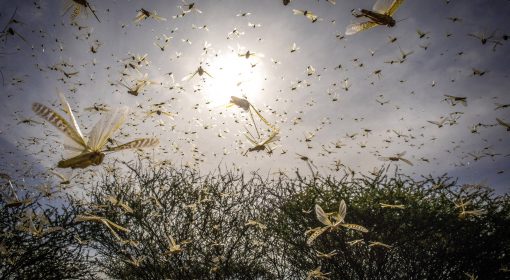In 2014 and 2015 various outbreaks of dengue were reported in Mozambique. In countries of Latin America and the Caribbean, such as Colombia, there have also been outbreaks of dengue, zika and chikungunya. High percentages of Aedes aegypti, the mosquito that most effectively transmits these diseases, were found in cities such as Pemba, Maputo, Barranquilla, and Buenaventura. Dengue, zika and chikungunya, and their transmission vector, mosquito Aedes aegypti are tied to water as this mosquito lays eggs in stored water in or around households.
This webinar (organised on September 04,2018) describes the use of an ethnographic approach to study households, water supply availability, intermittence and distribution, and document politics and everyday community strategies to obtain and store water. It focuses on the interdependence between intermittent water supply, deficient solid waste collection, and the Aedes aegypti. It also takes into account the different legacies left by civil wars and rural crises on processes of unequal urbanization.
More info: https://chasingthemosquito.com/
Produced by: TheWaterChannel
Year: 2018
Language: English
Region: Global

